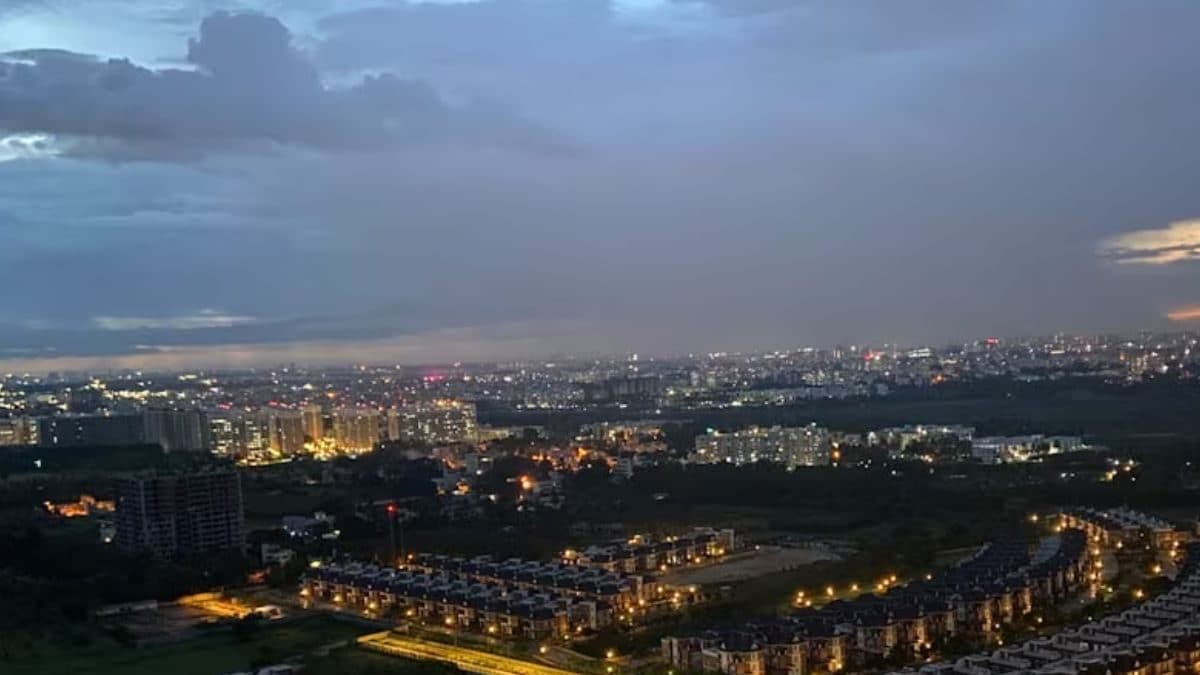Bengaluru’s rapid growth has led to the exploration of new development zones on its outskirts. The Bengaluru Metropolitan Region Development Authority (BMRDA) is revisiting a decades-old plan to develop self-sufficient townships in the suburbs of Bidadi, Solur, and Nandagudi. This ambitious project aims to address the city’s expanding population and evolving infrastructure needs while promoting sustainable urban development.
Transforming Suburbs into Self-Sufficient Townships
The BMRDA envisions transforming these suburbs into self-sufficient townships equipped with essential amenities and infrastructure. The focus is on creating a comprehensive ecosystem that caters to both residential and commercial needs. The project’s emphasis on creating integrated and self-contained urban centres reflects a growing trend of developing satellite townships around major cities. This approach aims to reduce dependence on the main city for essential services while fostering decentralized growth and easing the burden on existing infrastructure.
Bidadi – A Model Township
Bidadi, situated strategically near four highways, has been chosen as the pilot project for this ambitious plan. The development will involve building commercial complexes, logistics parks, data centres, and residential units. The vision for Bidadi is to create a modern township that attracts businesses and residents alike. The selection of Bidadi highlights the importance of connectivity and accessibility in developing suburban townships. Its location near highways makes it a prime candidate for attracting businesses and facilitating transportation.
Ensuring Seamless Connectivity
Recognizing the crucial role of transportation infrastructure in the success of these suburban developments, the BMRDA has initiated discussions with Namma Metro for potential Metro connections to Bidadi, Solur, and Nandagudi. This move signifies the importance of public transportation in creating integrated urban areas. The proposed Metro connectivity aims to ease commutes, reduce traffic congestion, and make these townships accessible to a larger population. This initiative echoes the need to prioritize sustainable transportation solutions for urban development projects.
Metro Connectivity Plans
The proposed Metro expansion aims to address the gap in public transport infrastructure, especially in peripheral areas. The expansion plans include a new line and extensions to the existing Purple and Green lines in four directions:
- Bidadi (Mysuru Road)
- Harohalli (Kanakapura Road)
- Attibele (Hosur Road)
- Kunigal Cross (Tumakuru Road, near Nelamangala)
This expansion would not only improve connectivity within these suburban towns but also offer efficient travel options to the city centre.
Securing Essential Services
To ensure the success of these townships, the BMRDA has also written to the Bangalore Water Supply and Sewerage Board (BWSSB) for dedicated potable water supply infrastructure. The move recognizes the critical need for basic services in developing self-sufficient communities. A robust water supply network is essential to cater to the growing needs of residents and businesses in these townships. The proactive approach towards securing water supply underscores the BMRDA’s commitment to a sustainable and livable environment for future residents.
Addressing Concerns and Challenges
While the development of these suburban townships holds significant promise for Bengaluru’s growth, certain challenges need to be addressed. The plan’s implementation should prioritize environmental sustainability, affordable housing options, and job creation for the local population.
Environmental Impact
Addressing the potential environmental impact of urban development projects is critical. The BMRDA needs to adopt sustainable practices during construction and operation, ensuring minimal harm to the surrounding ecosystem. It is vital to focus on efficient resource management, sustainable infrastructure, and green spaces to preserve the environment.
Affordability
To create inclusive and thriving communities, affordable housing options are essential. The BMRDA needs to consider the diverse economic backgrounds of potential residents and ensure the availability of housing at various price points.
Job Creation
These townships present opportunities for job creation in diverse sectors, attracting local residents and mitigating potential migration to the city center. The BMRDA needs to collaborate with businesses and industries to create employment opportunities within these communities, fostering economic growth and reducing unemployment.
Take Away Points
- The development of self-sufficient townships in Bengaluru’s suburbs reflects a strategic approach to managing the city’s rapid growth while promoting sustainable urban development.
- The BMRDA’s plan to develop Bidadi, Solur, and Nandagudi into self-sufficient townships with robust infrastructure, connectivity, and amenities will provide a model for future suburban developments.
- Ensuring seamless transportation with proposed Metro connections, adequate water supply infrastructure, and a focus on environmental sustainability, affordability, and job creation are crucial aspects for the success of these townships.
- The project has the potential to enhance Bengaluru’s urban landscape and create livable and vibrant communities while mitigating the pressure on existing city infrastructure.




